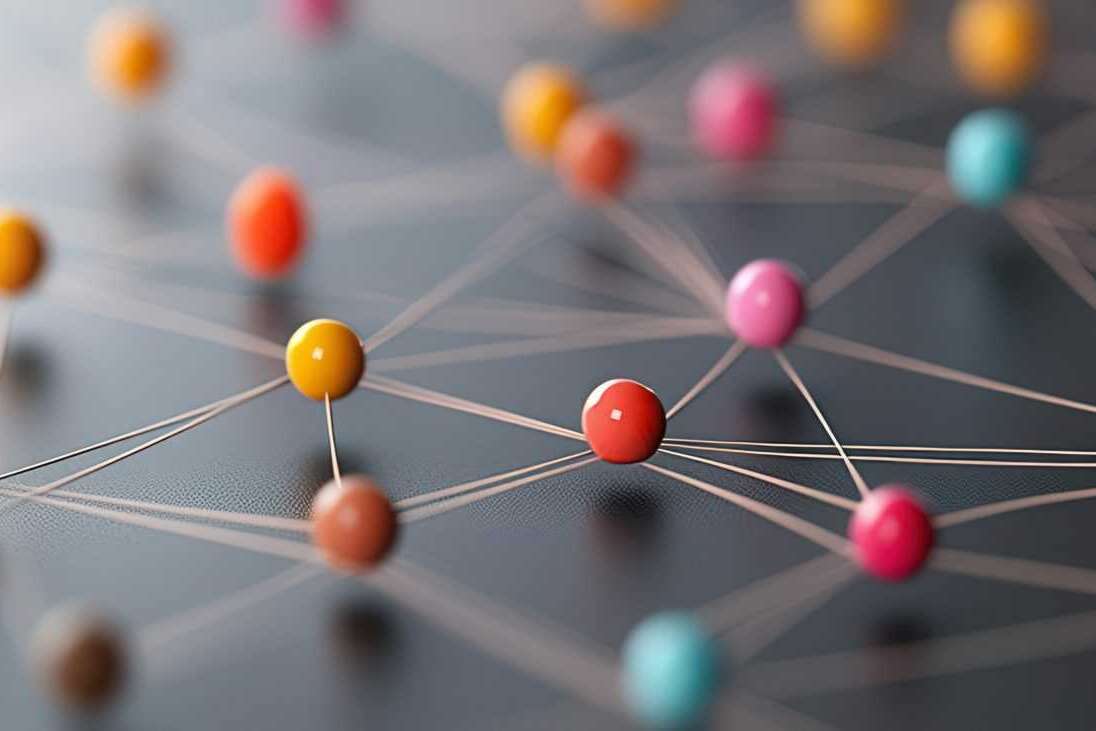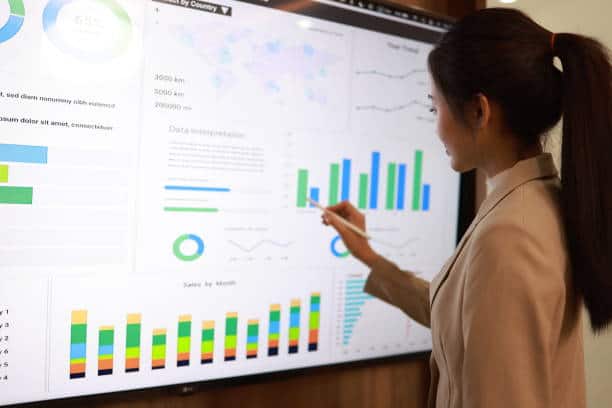Marketing, and by extension channel marketing, has undergone a radical transformation in 2023. Spearheading this change is the widespread introduction of artificial intelligence (AI) through ChatGPT’s public release by OpenAI in November of 2022, making content creation and idea generation fast and accessible to marketers and non-marketers alike. Case in point is through-channel marketing automation platforms like ZiftONE, which now has AI-generated text for partner portal content and to-partner communications to make it easier than ever to convey value to partners. So how else has AI changed channel marketing, and how can your marketing department adapt?
What is Channel Marketing?
Channel marketing is marketing to partners in an indirect sales channel. Marketing in the channel is often viewed as more challenging than traditional direct marketing because your partner program needs to communicate its value proposition not only to end customers but also to and through indirect sales channels. In addition, you must promote the significant benefits of the company’s channel program itself to recruit and retain partners.
Channel marketing typically includes the following four channel marketing strategies:
- To-channel marketing involves recruiting and engaging ecosystem partners and communicating why they should work with your company, the benefits of working with you, how you can help them attract and serve their customers, and so forth.
- Through-channel marketing involves marketing your products and services to end customers through channel partners. This encompasses sales-enablement training and materials your company’s ecosystem partners use to sell or evangelize your services.
- With-channel marketing is a strategy wherein your company works with partners to market your solutions to end customers. This strategy differs from through-channel marketing in that this is a purposeful joint go-to-market strategy between the supplier and partner. An example of this is a supplier and partner hosting an event to reach end customers together.
- For-channel marketing is a less common channel marketing strategy wherein your company runs a marketing program or deploys a tool, such as a partner locator, to reach end customer prospects for the benefit of your partners.
Why Channel Marketing Departments Should Leverage AI Marketing
Competition in the channel to capture partners’ attention is significant. Whether you’re offering commoditized solution sets, looking to create a new product category or everything in between, you must fight for mindshare with partners you want to recruit, activate, and enable to sell your solutions. AI assists your partner marketing efforts by:
- Saving time – AI and machine learning can help automate or speed up specific marketing tasks, freeing up staff time to focus on creative endeavors that lead to revenue production. While Zift doesn’t endorse any of the solutions below, here are some examples of processes where you can use time-saving AI tools. Keep in mind AI is changing every day, and there are always new tools hitting the market, so this list is accurate at the time of publication:
- Data entry, email sending and report generation. Bardeen is a good example of a tool that can help here
- If engaging with customers in direct messaging channels like Facebook Messenger, WhatsApp or LiveChat takes too much time, check out platforms like Chatbot
- Website design is often best left to professionals, but tools like Durable make it easier for marketers to do it on their own
- It’s best practice to take notes during meetings, but sometimes it can be hard to figure out what you were meaning to take note of after the meeting ends. Solutions like Fireflies help here
- If you don’t even want to take notes, outsource that task to a tool like Magical for automated note-taking, scheduling and task management
- We all know that video content gets more traffic than written content, so solutions like Synthesia can convert text into video content
- Defining ideal partner profiles and ideal customer profiles – AI-sourced data helps improve your understanding of partners, customers and other players in your ecosystem and informs high-level recruitment and engagement campaign strategies. Engines like Patri ICP Engine API find, refine, and monitor your ideal customer or partner profile by integrating with your CRM, BI, and sales and marketing automation systems
- Idea generation – Content-generating AI platforms can help your channel marketers create content when encountering “writer’s block” and jumpstart their productivity. While ChatGPT is the most well-known of these content-generating AI platforms, other platforms with similar capabilities include ClickUp, Narrato, Lately, Jasper, ai and ZiftONE.
- Improving campaign performance – The data insights provided by AI-driven platforms can help your channel marketing team adjust campaigns and identify conversion obstacles much faster, bringing in more qualified partners and end customer leads quicker. For example, Google AdWords provide AI-sourced recommendations for improving pay-per-click (PPC) campaign performance and helping digital marketing specialists optimize for conversions.
The Introduction of Content-Generating AI for Channel Marketers
Content-generating platforms that use AI, such as ChatGPT and its competitors Bard AI, Jasper Chat, Socratic, Bing AI, and others, have all helped to short-cut and speed up writing processes. However, these platforms also come with concerns to keep in mind, including security, data privacy, data breaches, unconscious bias and content accuracy.
As a channel marketer, you must take care not to input proprietary information into these platforms. And make sure to take the output it’s giving you with a grain of sale – it’s a best to practice to ask subject matter experts to carefully validate the accuracy of the content generated. In order to mitigate these risks some companies are implementing acceptable use policies for AI platforms. The Society of Human Resource Management has a great example of such a policy you can use as a starting point to help create your own.
Given AI’s productivity advantages, your leadership may be tempted to cut channel marketing staff in favor of using AI writing software. However, point out to them that such a move would be short-sighted; generative AI platforms aren’t mature enough to understand the intricacies of indirect sales channel models and require curation from an expert to produce accurate and worthwhile content. Rather than view these early tools as staff replacements, consider them as time-saving tools to assist existing staff in producing content more efficiently. AI can increase worker productivity by as much as 14 percent, according to a study by Stanford and MIT.
Generative AI Supports Channel Marketing Data Analysis
According to an analysis from McKinsey & Company, commercial leaders across the globe are using generative AI in marketing for:
- Marketing optimization, including A/B testing and SEO strategies
- Dynamic content, including websites and marketing collateral
- Marketing analytics and dynamic audience targeting
- Dynamic customer-journey mapping
- Automated marketing workflows and nurturing campaigns
What does this AI-driven analysis mean for your partner ecosystem? Generative AI can optimize your channel marketing strategies through A/B tests of marketing campaigns, such as website page layouts, ad copy, search engine marketing (SEM), search engine optimization (SEO), PPC ad campaigns, automated lead nurturing campaigns and more. Predictive analytics also can help to provide your channel marketers with recommendations to ensure maximum return on investment (ROI) for program initiatives.
In a Nutshell
Through AI and machine learning, your channel marketing team can speed up partner recruitment and engagement efforts to lead to the financial success of your partner ecosystem.
When you’re ready to optimize your channel marketing initiatives, including taking advantage of AI, take a look at what the ZiftONETM platform can do for you.




